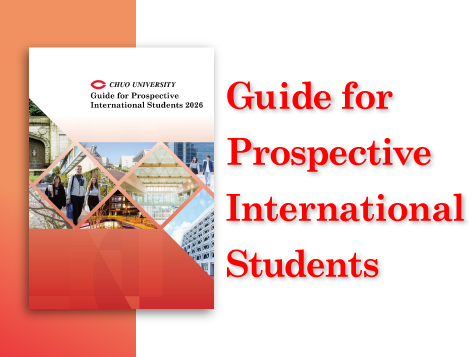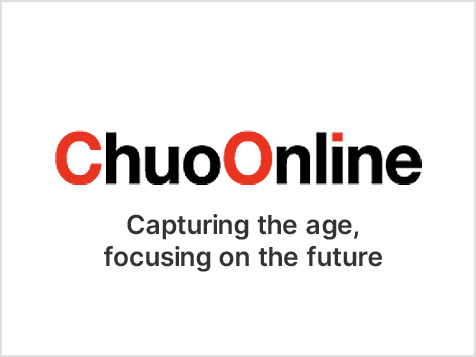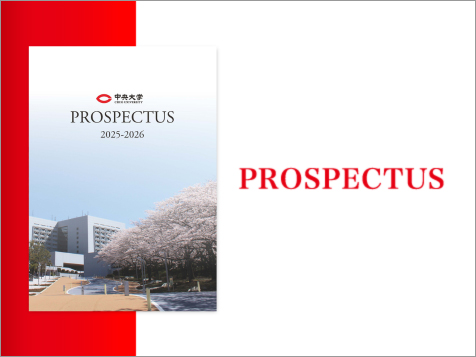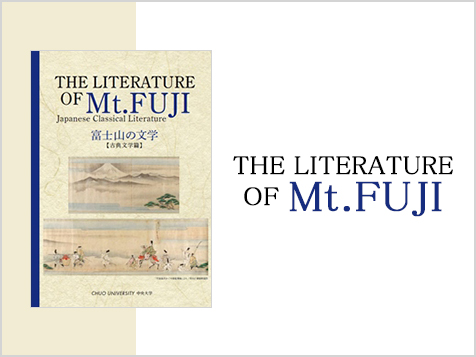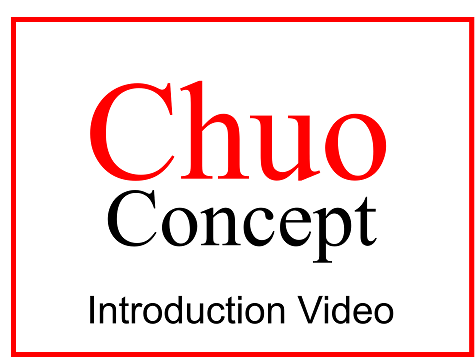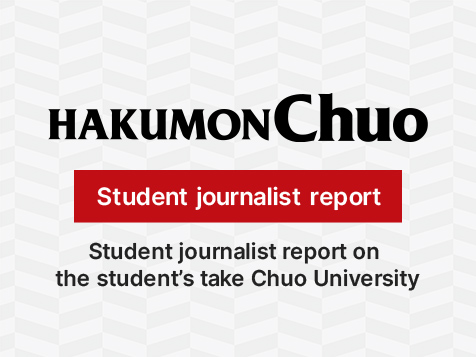Academics
Faculty of Economics

The Faculty of economics consists of four departments: Economics, Economic Systems and Information Analysis, International Economics, and Public and Environmental Economics. Each department aims to provide the students with highly advanced academic education that helps them to take an active part in the rapidly changing situation of the world we live in.
Semester system has been adopted with complete courses given in half terms, making it possible for the students to concentrate on studies more effectively.
Great focus is laid on foreign language education with the aim of meeting the increasing demands of globalization. Thorough training is given in small classes. Japanese language courses are available to international students.
A network of some 140 personal computers is available to students. They can access economic and statistical data at any time.
Lively discussions between the teaching staff and the students are emphasized end encouraged. Introductory seminars are offered from the first year, and specialized seminars from the second through fourth years. Students select from a wide range of seminar courses. There are 50 special seminar rooms provided for the exclusive use of each seminar instructor and his or her students.
Graduates from the Faculty of Economics work in a wide variety of careers including banks, insurance business, the civil service, social work and other industries.
Departments:
Economics
Economic Systems and Information Analysis
International Economics
Public and Environmental Economics
Date of Founding: 1905
Campus: Tama Campus
Number of Students: Undergraduate Student Enrollment
Advanced Professional Educational Program of Managing Public and Private Partnerships towards Vitalization of Communities.
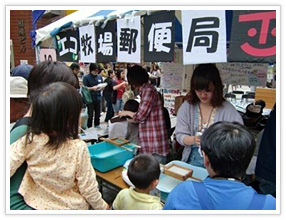
Sustainable local communities management requires well conditioned cooperation and participation of multi-stakeholders. We have developed a comprehensive mechanism to promote cooperation and participation of multi-stakeholders throughout about eight years collaborative practices in some communities. This program provides students with some devises to facilitate the cooperation in experimental field activities.
This program is originally set up by Professor Hiroshige Tanaka and is selected as the good practice in challenging project on innovating reform in high quality method and program of university education by Ministry of Education, Culture, Sports, Science and Technology-Japan.
Practical Knowledge and Skills in the Age of Globalization
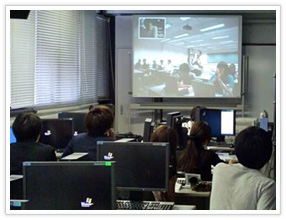
To improve students‘ ability to deal with a wide range of difficult problems in this rapidly changing world, the faculty offers the students a variety of programs which provide them with practical knowledge and skills. The Faculty concluded memorandum of cooperation with School of Digital Media and Infocomm Technology, Singapore Polytechnic. Students can take up modules from state-of-the-art E-Commerce Technology course, and can participate in distant learning to join the discussion with foreign students through videoconference system. Moreover, the Faculty has introduced business internships in local government and private companies. Many students participate in the internships and achieve excellent results.

The Faculty of Economics at Chuo University was established in 1905 (originally as the Department of Economics), making it the second-oldest faculty within Chuo University, which was established in 1885. The Faculty has been dedicated to facilitating research and education through its four departments: the Department of Economics, the Department of Economic Systems and Information Analysis, the Department of International Economics, and the Department of Public and Environmental Economics. Guided by Chuo University’s founding spirit of “Fostering the Ability to Apply Knowledge to Practice,” the Faculty strives to adapt flexibly to the changing needs of society through these four majors.
Economics is a discipline deeply connected to our society. The Faculty of Economics offers a distinguished curriculum that enables students to study in a well-balanced manner; multiple “theories” including macroeconomics and microeconomics, “history” of the economy and economics of both Japan and overseas, “systems” that underpin economic structures, and “policies” that contribute to the betterment of an actual society. We offer a total of eight subject groups called “clusters,” two in each of the four departments, aiming to ensure balanced learning. In specific terms, these include economic integration and human economy (Department of Economics), corporate economy and economic information (Department of Economic Systems and Information Analysis), trade, global finance, and economic development (Department of International Economics), and public and environment (Department of Public and Environmental Economics). Students are able to deepen their academic understanding while developing their specialized expertise by selecting a cluster aligned with their interests and following a structured curriculum map.
In our complex society, the subject groups in foreign languages, wellness and sports, and comprehensive education play a significant role in fostering well-rounded and sound personalities by building a solid knowledge foundation. Students develop communication skills, logical and critical thinking abilities, and a broad understanding of liberal arts through engaging in multifaceted and proactive studying in these subject groups. Furthermore, such insights are linked to cultivating the student’s foresight and abilities to identify issues and devise effective solutions.
At the Faculty of Economics, Chuo University, all faculty members and staff work together to provide education based on three core pillars: “seminar education,” “global human resource development,” and “career education.” Among these, we place particular emphasis on seminar education. In seminars, faculty members share their research achievements through education, while students apply the specialized knowledge they acquire to various fields both domestically and internationally. Through this process, the faculty members and staff aim to develop the students’ inquisitive minds into “the abilities required to thrive as members of society.” These practical education programs literally embody our founding spirit of “Fostering the Ability to Apply Knowledge to Practice,” and our university message of applying it to modern society, “Knowledge into Action.”
In recent years, the Faculty of Economics has also placed great emphasis on developing various educational programs in collaboration with high schools. These initiatives aim to inspire high school students to pursue studies at the Faculty of Economics from an early stage, while helping them build a solid foundational knowledge in advance. As mentioned above, the Faculty is strengthening its educational framework to support students both before and after enrollment, as well as through seminar-based learning, thereby advancing a seamless education connecting high school, university, and society.
The Faculty of Economics provides a variety of support systems to ensure that students can pursue their studies at Chuo University with confidence and peace of mind. In addition to the scholarships offered by the university, the Faculty has further enhanced its distinctive grant-type scholarship programs to help students realize their aspirations, such as studying abroad, obtaining professional certifications, and participating in volunteer or social contribution activities.
Last but not least, the Faculty of Economics is committed to enhancing our efforts to cultivate individuals who can meet the demands of society and capable of tackling complex social issues. We are poised to “Shinka” (a concept that reflects “advance,” “deepen,” and “authentic” in Japanese). In April 2027, the Faculty plans to reorganize its current four-department structure into renewed departments: the Department of Economics and the Department of Society and Economics (the plan and names of the departments are currently under development). Through this reorganization, students will be able to gain advanced expertise by following two structured curriculum maps aligned with the economic system.
The Faculty of Economics upholds the motto, “Meet Authentic, Become Authentic. Chuo Economics Shapes Our Future.” This message embodies our shared aspiration of all our faculty members and staff to foster youths who are credible in society and who can proactively take on challenges to shape the future. We sincerely hope that each and every one of you will act considerately with a critical mindset and contribute meaningfully to society.
Takao GOTO
Dean, Faculty of Economics

